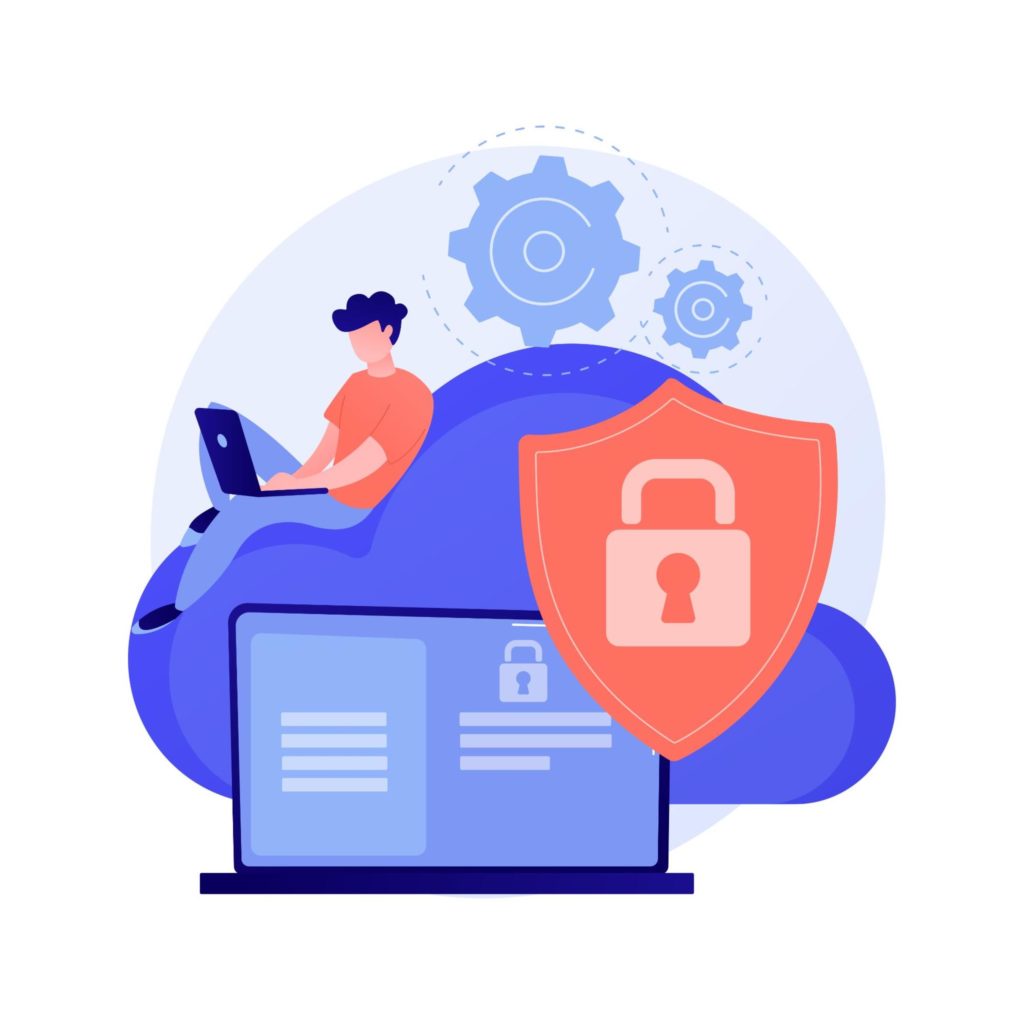The explosion of cloud technology has changed the face of business processes as we know them. Nearly 90 percent of companies rely on cloud technology. However, there is some skepticism about the security of cloud computing. With recent hacks and technology attacks, securing cloud computing has become a significant concern for businesses worldwide.
The security experts at GREY CLOUD SERVICES – FZCO understand your concerns, which is why we’ve put together this blog about the importance of cloud computing security and best practices that will keep you safe in the cloud.
Why is cloud security so important?
According to a Cisco report, cloud data centers handle 94% of all workloads. Yet, despite the popularity achieved by cloud technology, most companies are skeptical about cloud security. There’s a reason for that. It’s also reported that hackers are launching attacks every 39 seconds. This can be fatal for businesses for the following reasons:
1. Remote Work Management
2. Security breaches
3. Complying with regulatory requirements
4. Creating levels of access
5. Disaster Recovery
- Best Practices for Secure Cloud Computing
- Control employee access
- Secure user endpoints
- Maintain visibility into your cloud services
- Enforce strong password security policies
- Choose the right cloud provider carefully
- Analyze cloud security contracts and SLAs
- Understand that you are jointly responsible
- The highest level of encryption

How is it possible to protect your cloud security?
1. Choose reliable providers
2. Revise cloud security contracts and SLAs
3. Be aware of shared responsibility
4. Maintain employee access controls
5. Visibility of cloud services
6. Strong password security policy
However, regardless of size, all organizations can take advantage of these best practices and improve cloud security.
If you need to discuss cloud security options, our experts will be glad to help you!




